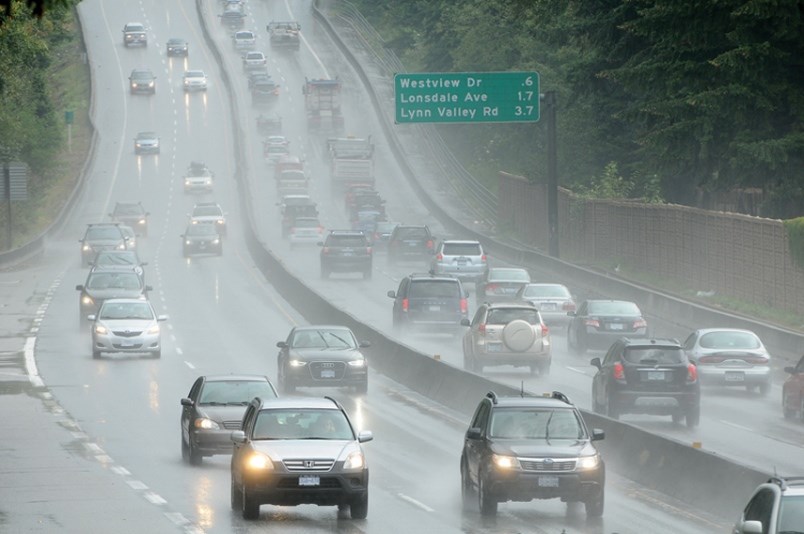Transit and transportation infrastructure, the need for affordable housing and problems with a supply of skilled labour are the top three election issues for the North Vancouver business community, according to a recent North Vancouver Chamber survey.
Federal taxes and climate change also ranked high on the list of concerns.
The North Vancouver Chamber recently surveyed its members, asking them to rate a number of issues in order of concern, said Patrick Stafford-Smith, chief executive officer of the North Vancouver business group.
Of those who responded, 87 per cent rated public transit and transportation as a concern, while 84 per cent pointed to affordable housing.
Tied to those, 80 per cent of business owners expressed concern about being able to attract and keep skilled workers, 78 per cent were concerned about federal taxes and 76 per cent pointed to climate change as a pressing issue.
Stafford-Smith said it’s not surprising that traffic and transportation issues are the top concern for business.
Employees having a hard time getting to work on their commutes to the North Shore is a worry for business, said Stafford-Smith. “Getting across the Second Narrows – that came up a lot in the comments section,” he said.
That’s led to employees refusing to take jobs on the North Shore or opting to leave for work closer to where they live, he said. “That’s really a problem for business. That’s what’s throttling business right now.”
Stafford-Smith presented the results of the recent survey at a North Vancouver Chamber-hosted “mixer” for candidates in the two North Vancouver federal ridings.
Smith said he’d also met separately with each candidate individually to present the concerns of the business community.
“I’m not trying to convince them to do anything. I’m trying to tell them what matters to business,” he said. “Businesses can’t vote. But businesses are part of a vibrant community. They’ve all been very receptive.”
Stafford-Smith said the survey isn’t scientific – only about 50 of the chamber’s roughly 650 members filled in the online questionnaire.
But he added it represents views from a range of businesses, from waterfront industries, to technology companies to retail stores.
Stafford-Smith said the key issues of transportation and housing are “economically, socially and environmentally important. All parties can see that’s important.”



